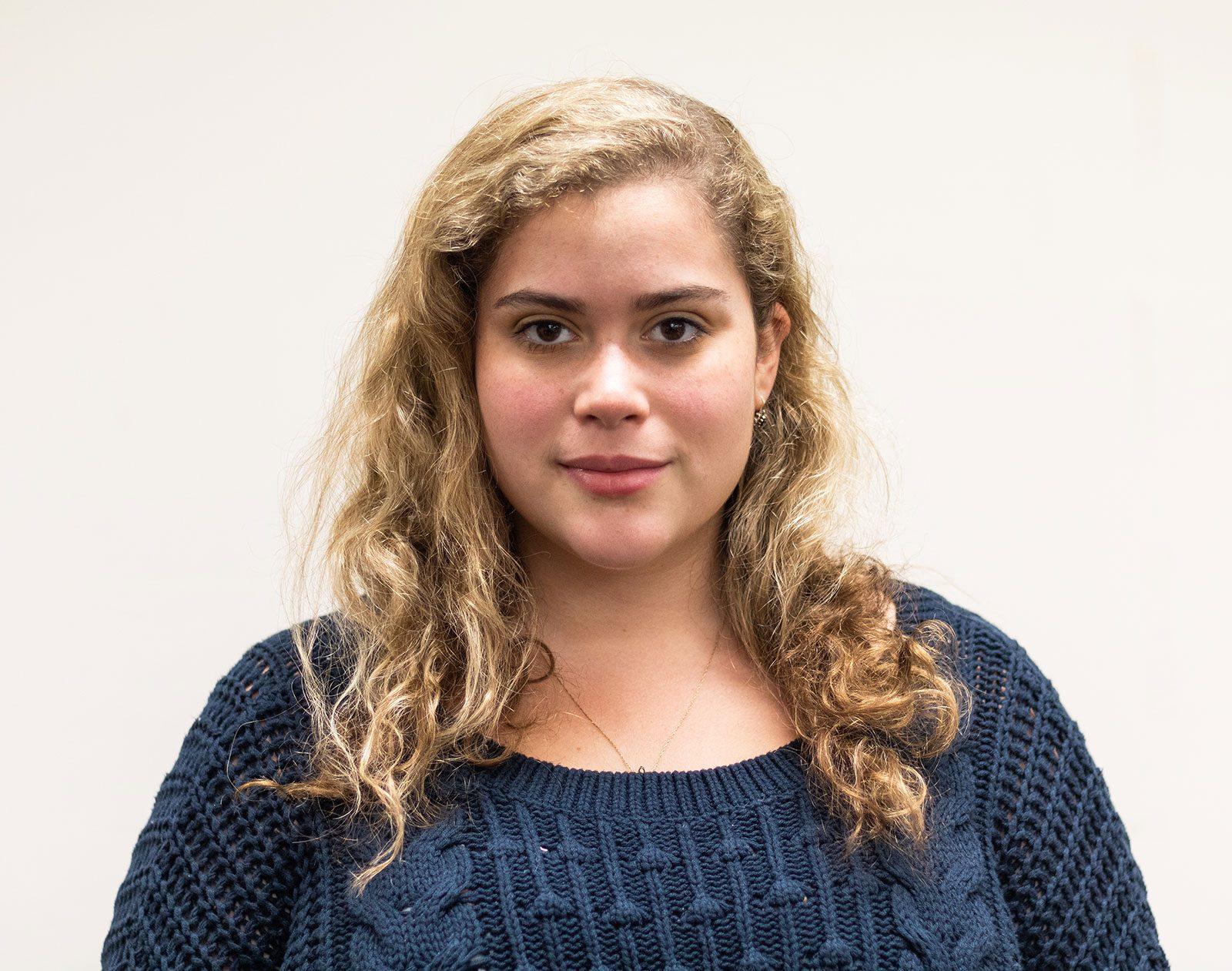As Americans, we are entitled to our rights in the First Amendment. Freedom of speech is a powerful tool that gives us the right to opine without government restraint. Protests are a natural context for individuals to exercise this freedom.
In theory, we all have the right to peacefully protest things that we are against. However, in practice, people of color get limited access to this right. Because of racial profiling, POCs are especially high-profile targets during protests. This additional burden then raises the stakes of protesting for them.
For the average person, a police officer represents safety and order. He or she is a calming presence. However, for minorities — especially black individuals — police have devolved into a threat.
In a discussion about minority participation in protests, Chiamaka Amaefuna, a junior in the College of Arts and Sciences, expressed concerns about police brutality: “As a black immigrant, I am dealing with the intersection of police brutality against black bodies, as well as the xenophobic policies that exist in many facets of this country’s power structures.”
Amaefuna brings to light the poignant reality that, despite being a minority, black people are most often the victims of police shootings because of a strain of racism that has persisted into the present.
For POCs that are on visas or are undocumented, the decision to protest becomes even more difficult. As humans, we also want to speak out and make our voices heard. However, we are silenced by the legal system. Because we are not American, we are forced to trade-off our voice to comfortably exist in the U.S.
If we choose to resist this system by protesting, we must understand the risks we are taking. Getting arrested for civil disobedience is in the cards and — in the worst case — can lead to deportation.
These consequences do not completely bar minorities from protesting. We can deploy certain strategies to ensure that our voices are ultimately heard. For instance, when Ben Shapiro came to speak, student group Black BU organized a peaceful protest, mitigating the risk of arrest.
Cheyenne Hamilton a junior in CAS, said she participated in the protest, but not without hesitation.
“In all honesty, I was just scared to go. I knew that as a black person, if I reacted in a way that is perceived as negative, then I probably wouldn’t get a slap on the wrist,” Hamilton said. “In reality, I could get arrested or something even worse could happen to me because I am black. I have seen it happen many times to other POCs.”
Minorities face the challenge of not being able to fully employ the First Amendment. The lack of protests from minorities leads to these issues being unheard, only increasing the need for protests in the future. We have to think twice about whether or not having our voices heard is worth our immigration status, safety, and in some cases, our lives.
And if this country says the freedom of speech is universal — well, that makes things awkward, doesn’t it?



























































































































